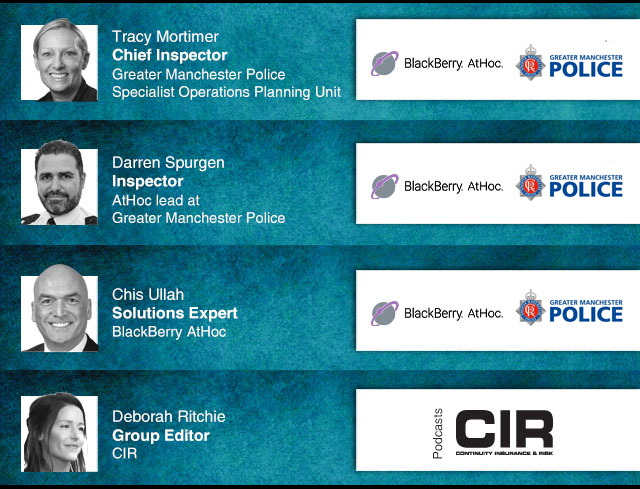The risk landscape is now ‘many times more complex’ than it was just three years ago at the height of the Covid crisis, with complicated and often contradictory global regulatory risk cited amongst the major obstacles to corporate growth.
This is the conclusion of a report compiled by law firm, Clyde & Co, whose annual Corporate Risk Radar found that escalating threats on multiple fronts are creating a ‘polycrisis’ of risk.
Based on insights from 225 general counsel, C-Suite executives and CEOs worldwide, the report suggests that a perfect storm of increased economic volatility, geopolitical upheaval and the disruptive force of AI has driven the corporate threat level to its highest in 12 years. This is having a dramatic impact on corporate decision-making. Risk caution is estimated to be costing as much as 5% of corporate revenues, with more than a quarter of respondents saying that risk perception was stymying bold decision making.
Economic risk – inflation, interest rates and currency volatility – cemented its position as the number one threat according to business leaders. This was followed by people challenges including attracting and retaining talent, upskilling, management and succession planning.
Increasingly in the Corporate Risk Radar, the impact of AI and the risks associated with the growing technology, is evident. While respondents said that AI was a potential source of competitive advantage, an urgency to embed this technology was prompting a "gold rush” mentality with the fear of being left behind driving decision-making.
Divergent and often contradictory regulations on AI are just one concern respondents cited, but they are part of a much wider concern about the overall regulatory burden companies are having to manage. Regulatory and compliance risk is now the joint second biggest issue organisations are tackling, according to the report – up 9% on 2023’s findings.
With numerous regional conflicts persisting or escalating and further political uncertainty and upheaval likely thanks to an unprecedented year of elections around the world, geopolitical risk surged 11% from last year, ranking fourth.
Eva-Maria Barbosa, partner, Clyde & Co commented: “Organisations are having to deal with risks that were never on their radar in the past. An unpredictable economic environment with shorter and more volatile cycles is being fuelled by growing geopolitical tensions. In response, we are seeing a proliferation of sanctions and a greater regulatory burden which organisations must now navigate. Add to this the growing impact of AI and the sheer number of risks could feel overwhelming for any business. With all of this to contend with, effective planning and risk prioritisation is becoming crucial, with more and more companies understanding the importance of consistent horizon scanning.”
Carolena Gordon, senior partner, Clyde & Co added: “This year’s report shows that the business of doing business has become more unpredictable than ever. Most of us have now come to terms with the fact that there is no longer such a thing as ‘normal’ and that a different mindset is needed when assessing and responding to risk. Navigating risk is not just a defensive play but a crucial enabler of commercial opportunity and global economic activity. It is encouraging to see that, despite the headwinds, businesses are increasingly taking a proactive approach to risk management.”
Printed Copy:
Would you also like to receive CIR Magazine in print?
Data Use:
We will also send you our free daily email newsletters and other relevant communications, which you can opt out of at any time. Thank you.













YOU MIGHT ALSO LIKE